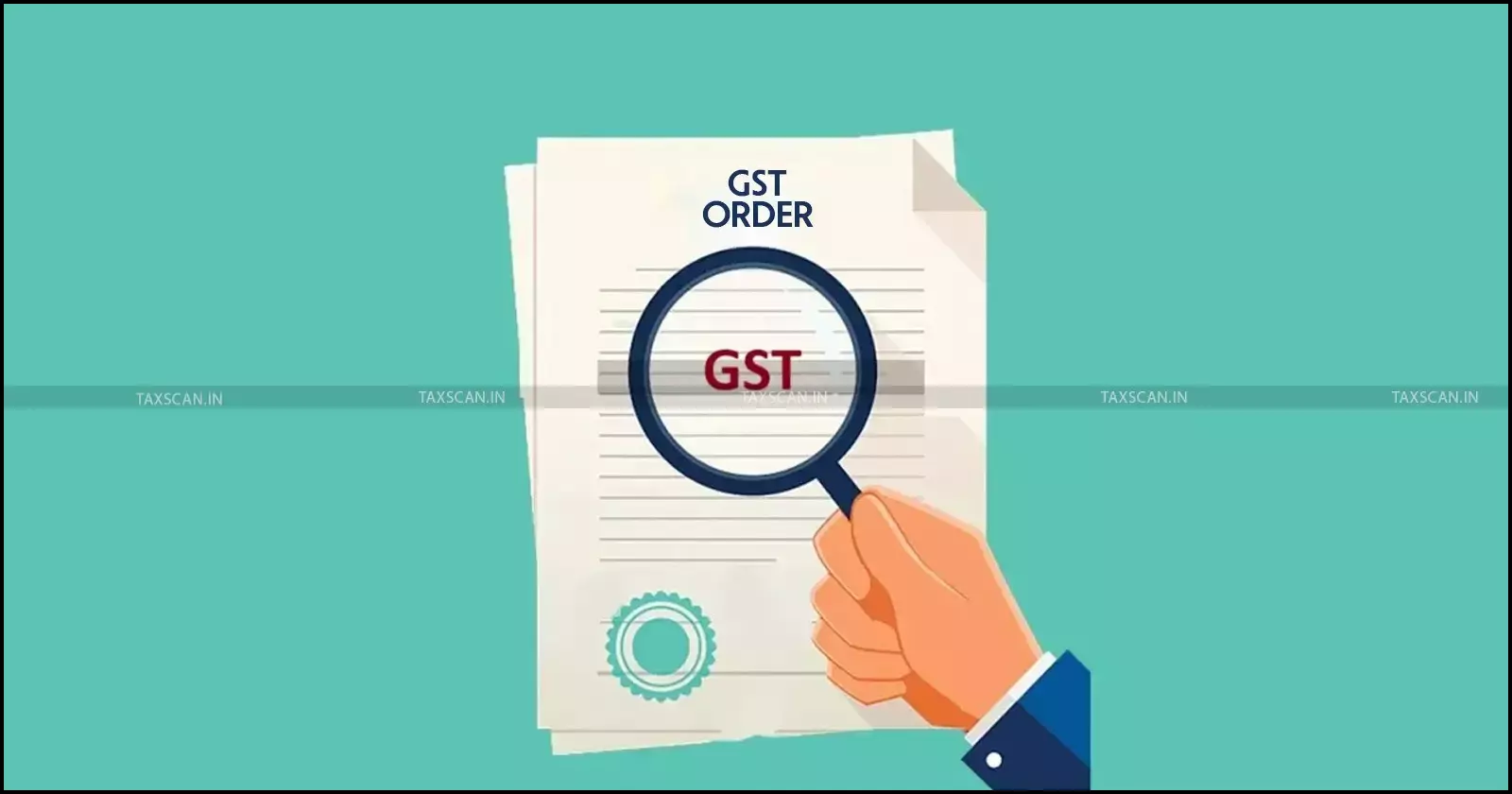Supreme Court Upholds VAT ITC Benefit to Bona Fide Dealers [Read Order]
The Supreme Court ruled that bona fide purchasing dealers cannot be denied Input Tax Credit merely because the selling dealer failed to deposit the collected tax with the Government
![Supreme Court Upholds VAT ITC Benefit to Bona Fide Dealers [Read Order] Supreme Court Upholds VAT ITC Benefit to Bona Fide Dealers [Read Order]](https://images.taxscan.in/h-upload/2025/10/13/2096306-vat-itc.webp)
In a recent ruling, the Supreme Court of India upheld that a bona fide purchasing dealer cannot be denied the benefit of Input Tax Credit (ITC) merely because the selling dealer failed to deposit the collected tax with the Government.
The case arose from a dispute between the Commissioner, Trade and Tax, Delhi and Shanti Kiran India (P) Ltd. The issue before the court was whether a purchasing dealer, who had paid tax to a registered selling dealer under valid invoices, could still claim ITC when the selling dealer did not deposit that tax amount with the Government.
The appellant’s counsel argued that under Section 9(2)(g) of the Delhi Value Added Tax Act, 2004, ITC can be allowed only when the tax collected by the selling dealer has actually been deposited with the Government. They argued that since the sellers in this case had defaulted in payment, the respondent was not entitled to ITC.
 Also Read:[BREAKING] Gujarat HC directs CBDT to extend ITR Due Date for Audit Cases, mandates 1 month Gap between ITR date and Tax Audit Report Date
Also Read:[BREAKING] Gujarat HC directs CBDT to extend ITR Due Date for Audit Cases, mandates 1 month Gap between ITR date and Tax Audit Report Date
Comprehensive Guide of Law and Procedure for Filing of Income Tax Appeals, Click Here
The respondent’s counsel argued that the transactions were genuine and conducted with registered sellers whose registrations were valid on the date of sale. The respondent had paid the tax in good faith and received proper invoices. It was submitted that the failure of the selling dealer to deposit the tax should not affect the purchasing dealer’s right to ITC.
The Bench of Justice Manoj Misra and Justice Nongmeikapam Kotiswar Singh observed that the Delhi High Court had earlier decided a similar issue in On Quest Merchandising India Pvt. Ltd. vs. Government of NCT of Delhi, where Section 9(2)(g) of the DVAT Act was read down.
The High Court explained that denying ITC to bona fide purchasers would violate Article 14 of the Constitution, as it would punish innocent dealers for the default of others. It was pointed out that in such cases, the department’s remedy lies in proceeding against the defaulting seller, not in depriving the purchasing dealer of ITC.
 Also Read:Composite GST Assessment Order Invalid: AP HC Quashes Single Order Covering Multiple Tax Periods [Read Order]
Also Read:Composite GST Assessment Order Invalid: AP HC Quashes Single Order Covering Multiple Tax Periods [Read Order]
The court found that the selling dealers in this case were registered on the date of the transactions and that there was no evidence of collusion or fraud. The court also observed that the invoices and transactions had not been doubted by the authorities.
Upholding the Delhi High Court’s judgment, the Supreme Court dismissed the appeals filed by the Commissioner, Trade and Tax, Delhi. The court concluded that the respondent was entitled to claim ITC after due verification of invoices and directed that any pending applications stand disposed of.
Support our journalism by subscribing to Taxscan premium. Follow us on Telegram for quick updates


